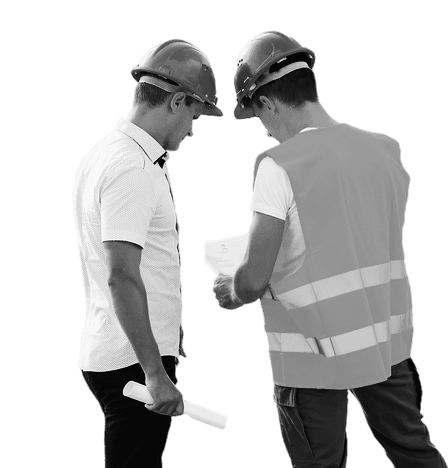Large facilities come with a long list of things to keep running smoothly. One often overlooked aspect is maintaining the soil pipes. These transport wastewater from toilets, sinks, and showers to the sewer, ensuring a sanitary environment in schools, universities, hospitals, and commercial buildings. Keeping these pipes functioning efficiently is essential for maintaining a healthy, safe, and pleasant space for everyone. Let’s explore preventative measures and practices to avoid common – and disruptive – issues like blockages and leaks in large facility soil pipe systems.
Understanding the System
The first step in prevention is understanding how soil pipes work and recognising their importance in the building’s plumbing system. Soil pipes differ from standard waste pipes by transporting sewage. They are designed to have ventilation pipes to prevent gas buildup and to ensure waste flows directly to the sewer system. Being larger and dealing with a variety of waste, they are prone to blockages and leaks if not properly maintained.
Regular Inspection and Maintenance
Regular inspection and maintenance prevent soil pipe issues. For large facilities, it’s advisable to schedule comprehensive inspections of the entire soil and waste system at least twice a year. These inspections should include checking for signs of wear and tear, blockages, and leaks. Maintenance teams should look for cracks, loose connections, and any signs of corrosion or damage that could lead to leaks or blockages. Early detection of these issues can prevent costly repairs and significant disruption to the facility’s operations.
Implementing a Waste Management Strategy
One of the primary causes of soil pipe blockages is the improper disposal of waste. Implementing a strict waste management strategy within the facility can significantly reduce the risk of blockages. Educating the facility’s occupants on what should and should not be flushed or disposed of down the drains can prevent inappropriate materials such as sanitary products, wipes, and large amounts of grease from entering the system. Providing appropriate disposal bins and regular waste management training can aid in maintaining the integrity of the soil pipes.
Use of Appropriate Cleaning Chemicals
The use of harsh chemicals can damage soil pipes, leading to leaks and other issues. It’s crucial to use the correct cleaning chemicals that are effective yet gentle on the pipes. Biodegradable and environmentally friendly cleaning agents are not only better for the pipes but also for the environment. Facilities should avoid using caustic soda or other harsh chemicals that can erode the pipe’s material over time.
Addressing Root Intrusion
For facilities with extensive outdoor areas, root intrusion from trees and large shrubs can be a significant cause of soil pipe damage and blockages. Roots seeking moisture tend to grow towards and into pipes, causing leaks and blockages. Regular landscaping and monitoring of vegetation around pipe pathways can help identify potential problems early. In some cases, installing root barriers or rerouting pipes may be necessary to prevent recurrence.
Upgrading and Retrofitting
Older facilities may have soil pipes made from materials that are no longer considered best practice. Materials such as cast iron or clay are susceptible to corrosion and cracking, leading to leaks and blockages. Upgrading to modern materials like PVC or ABS can offer longer-lasting solutions that are resistant to corrosion, have smoother interiors to prevent blockages, and are easier to maintain and repair.
Emergency Preparedness
Despite the best preventive measures, emergencies can happen. Having a clear, well-documented emergency response plan for dealing with soil pipe blockages and leaks ensures that they can be addressed quickly and efficiently, minimising their impact. This plan should include contact information for maintenance teams and external contractors, steps for initial response, and procedures for communicating with occupants of the facility.
Your Partner in Soil Pipe Maintenance
Our team of engineers and maintenance professionals are experts in all aspects of building services, including soil pipes. We handle everything from design and installation to ongoing commissioning and maintenance. We’re committed to exceeding industry standards, offering a comprehensive facilities management service that keeps your soil pipes in top condition.

